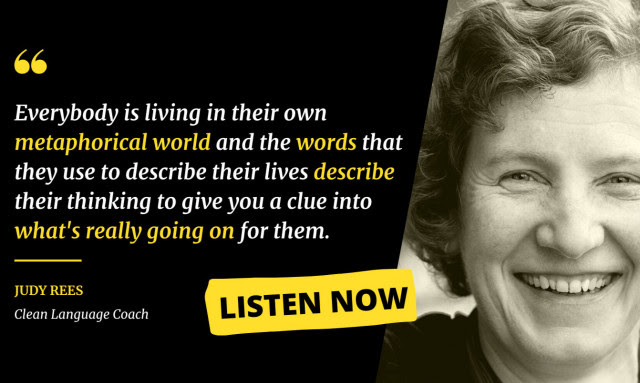This weekend I was reminded that “action and inaction are in fact both — action.” The reminder arose from the perennial and tricky situation of internal candidates at job interviews. I originally penned this response in support of a trusted colleague and left in draft until I was able to secure professional HR advice (that process has taken 3 weeks). I now have that advice, their permission to post and their contribution. And then, this week closes with a second, more accessible, case and resignation. Another clear case of inaction.
Action and inaction is a leadership topic that I do not see discussed too often, though I believe it is a topic of worthy debate. As did the bard. Shakespeare’s unique perspective: pontificate, and perish. Hamlet languishes in indecision. I tend to agree. Some of my errors in judgement have stemmed from inaction – masked as caution. Summatively, I have come to the conclusion, that an assertive wrong decision, is less damaging than inaction. Immeasurably better than inaction with communication.
Inaction breeds doubt and fear. Action breeds confidence and courage.
Dale Carnegie
HR advice
Now that I have the professional HR advice, let’s return to the issue at hand – internal cadidates.
On this particular issue, first note that 1:4 employees have their eye on a promotion. Second, being overlooked for a promotion is the reason that 1:4 employees say they’re open to jobs elsewhere. Third, personally, I have never experience being an internal candidate. I have, however, been up against internal candidates and both appointed and not appointed internal candidates as a Headteacher. It is, without question, a very tricky employment situation.
Briefly, there are clear advantages to interviewing internal candidates: you know them, they know you, a shortened onboarding, inherent cultural awareness. The shortcomings are equally pronounced: resentment if unsuccessful, gaps elsewhere if successful. It is rarely straight forward. Disregarding the outcome (tricky as it is), what you do and not do, are both scrutinised and not only by the internal candidate(s).
The HR advice. Speak in person. (I would recognise that now may not be the time to give feedback. Ask when is the best time. Consider the exit of that conversation. End of the day, where does that employ go, who do they turn to?) Be clear. Be forthright – don’t sugar coat it – this smacks of insincerity. Expect disappointment, communicate the reasoning behind the decision and identify alternative opportunities professional growth.
The rockface experience- “I would say having a clear plan for the failed internal candidate also – not doing so creates anxiety.”
Get the order of the communications correct. Who needs to know. Recognise the action maybe now, and that the impact of that decision can last a long time. And not only for that internal candidate, but the employees around them.
Explain your decisions and if you have to, you indecision, even if it is to say “you are not in a position to explain the decision, right now. But be sure you do later on down the line.”
Inaction is often perceived with suspicions. Act – even if it is to communicate difficult news.
And remember, action and inaction – are in fact both action. Pontificate, and perish.


